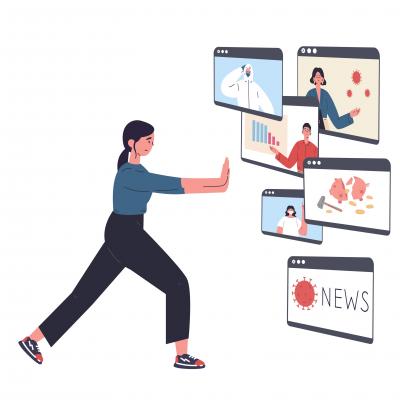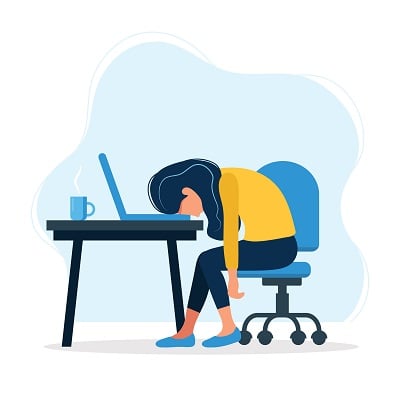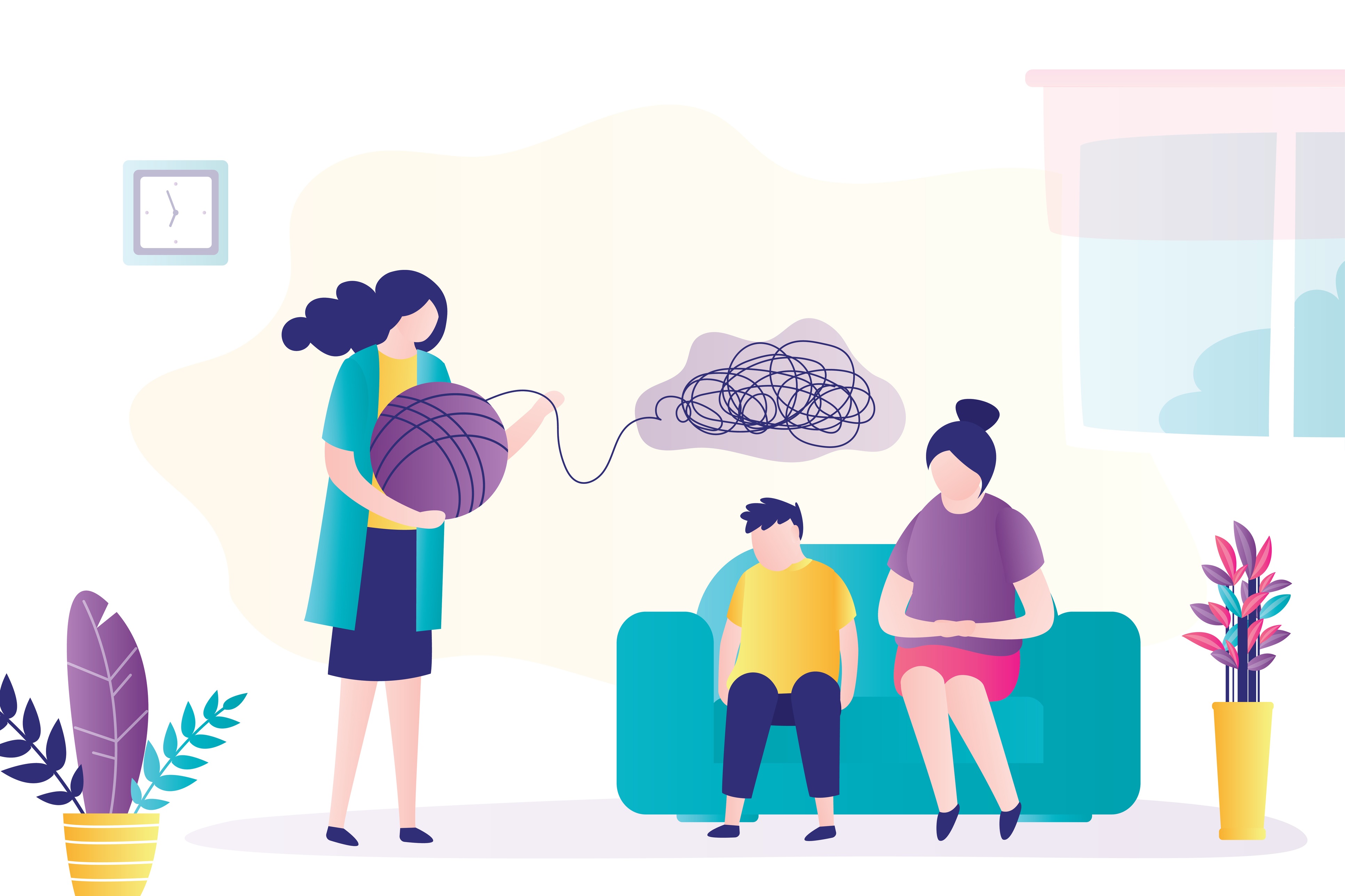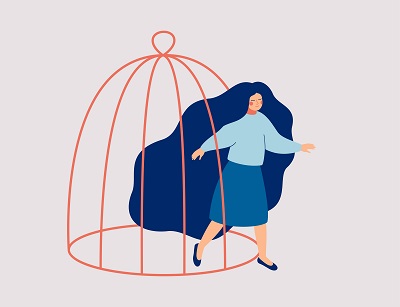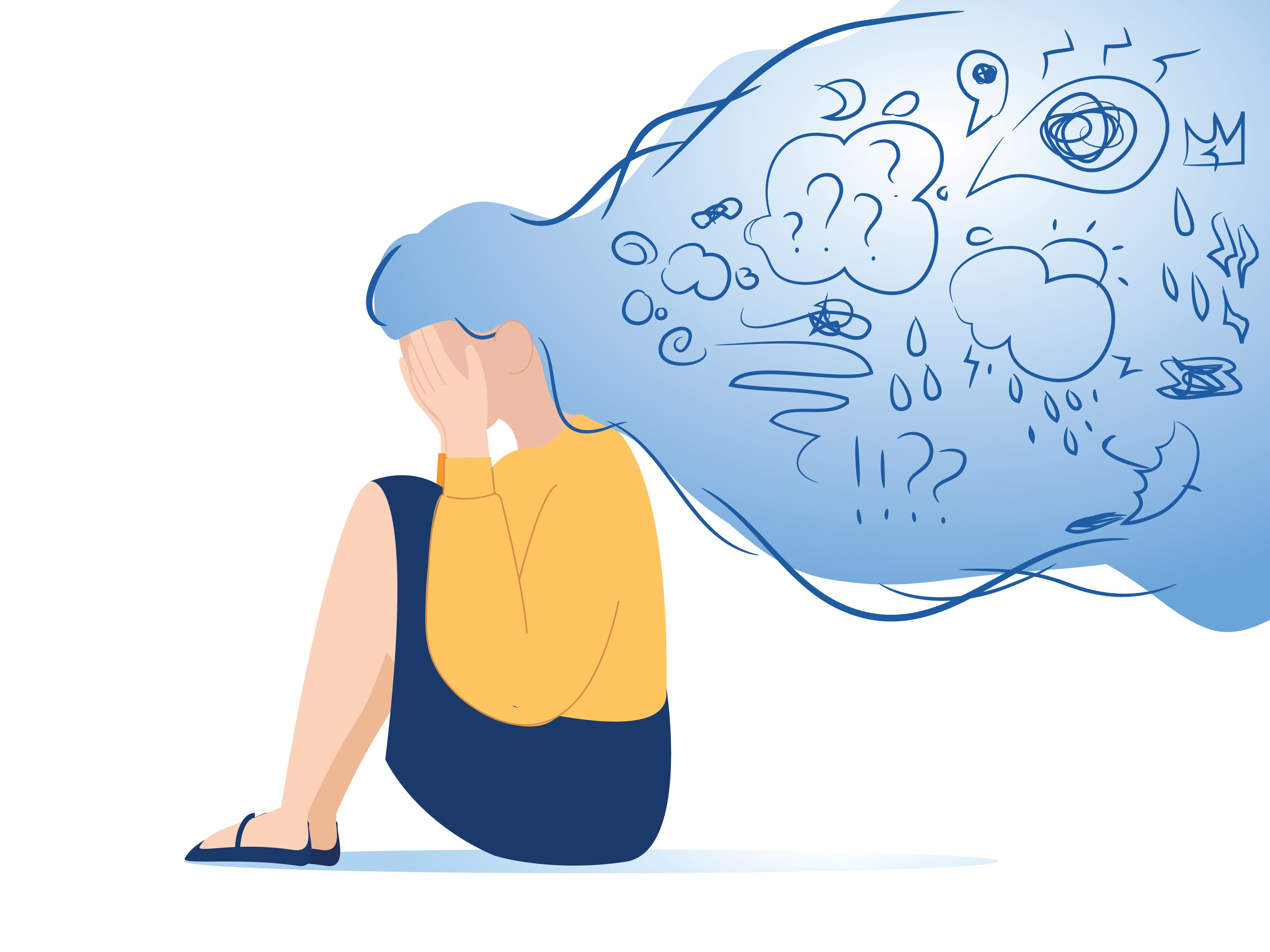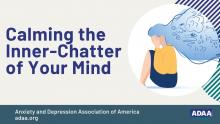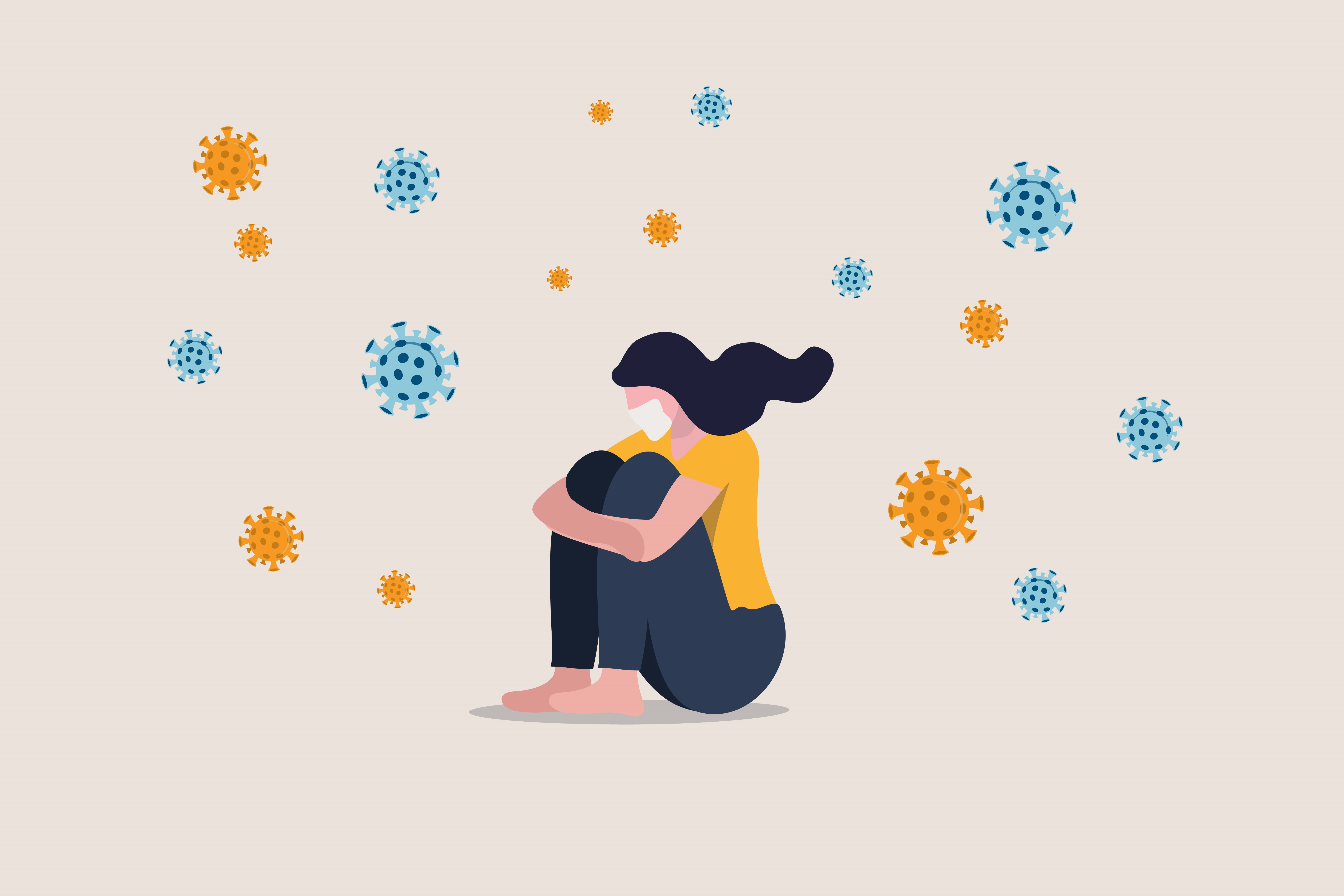Strategies to Prevent Burnout and Improve Work-Life Balance - Podcast
ADAA sits down with ADAA Member Jenny Yip, PsyD, ABPP and Ashley Bramhall, MA to discuss what burnout means, strategies to practice self-care, and how to find balance in your life.

